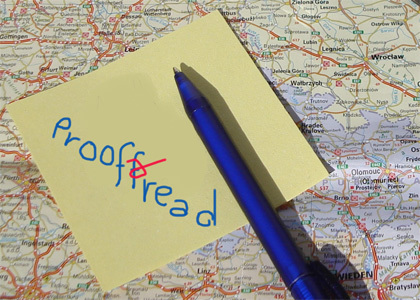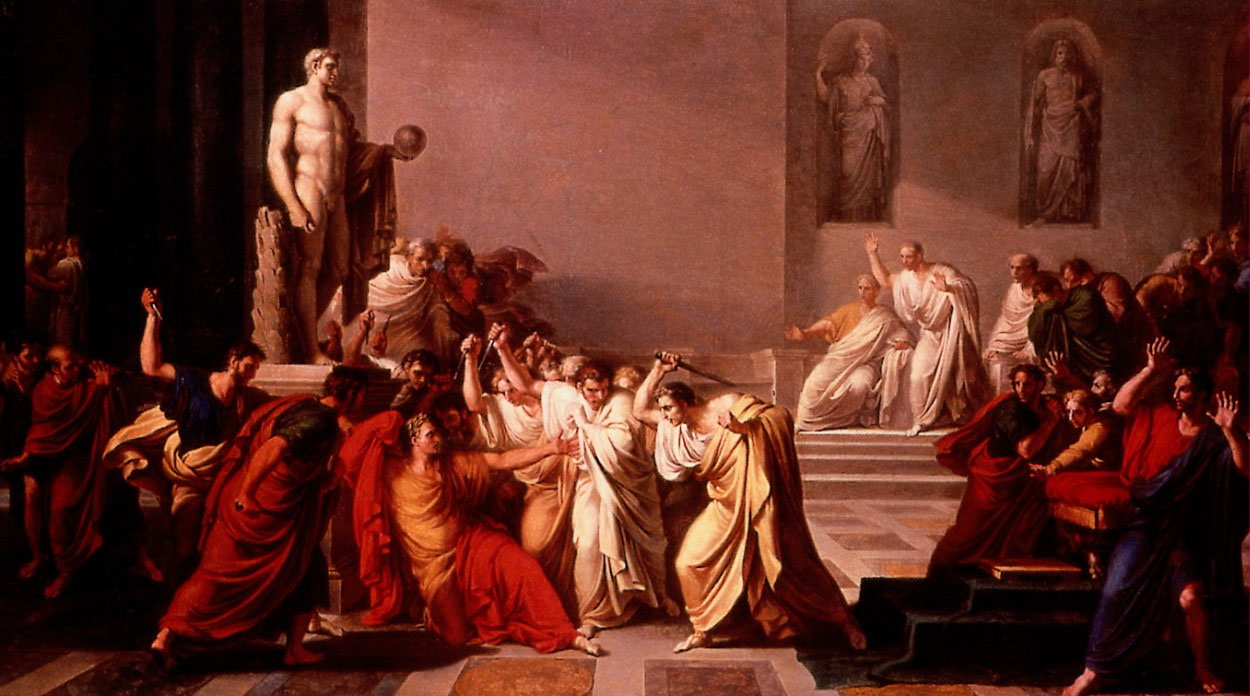People who have read/played traditional fantasy or sci-fi know it. Kingdoms are good, empires are evil.
In this post I won't talk about the good/evil differences but more about why they're always kingdoms and empires. There are a plethora of state structures out there and nowadays the classic kingdoms and empires have faded into history so I just want to point out this possibility to innovate on the classic concept.
 |
| Dictatorship being shared, very common in popular media it seems. |
I'll simply explain some of the political systems used in my projects as used besides the traditional kingdoms and empires.
Firstly there's the
mayoralty. Adhered by two of the nations in the worlds, they are a lot like democracy with one exception. The ruler of the nation is the ruler of the capital city. In one case this is because the capital city is one of the only notable cities of the nation left, in the other because the historical evolution demanded as such (including a rebellion, hanging of the previous ruling monarch and so on). The mayoralty can be democratic or not.
Secondly there's the
stratocracy. While it may seem something fit for a dictatorship, there is a difference. The army is in charge, but a stratocracy is not necessarily a dictatorship. While the nation in my project is stratocratic, having evolved from a global war, they are very close to a democracy, electing their leaders every set amount of years. These then preside mostly over the nation from the central office in the capital.
Thirdly, the
plutocracy. The wealthier a person, the greater his/her influence. Applied in the desert cities where treasure is everything and many go out to try their fortune. It can often be combined with almost any other state form (for example, wealthy people get more votes) but in my novel I kept it as pure as possible.
I have several other forms of government used in my writing and often they are slight variations of existing structures as well. I won't elaborate any further though to prevent a too lengthy posting as well as too much spoiling. For those who do wish to read up on the existing forms of government I recommend the
cia factbook, which has a very complete list as well as a list of countries and their state form. Also useful when designing your nations, ethnic groups and history.
While good kingdoms and evil empires may seem an obvious thing in some video games, it is worthwhile to study the newest trends:
Though indeed I am our Emperor’s son, I am no prince. Archadia’s Emperor is freely chosen by Her people. I am but an elected official and nothing more. -Vayne Solidor, Final Fantasy XII, Square-Enix
Empire or democracy? Play the game itself and you might doubt your choice. Politics are becoming more and more prominent in the later games and who knows what the next trend might be?






